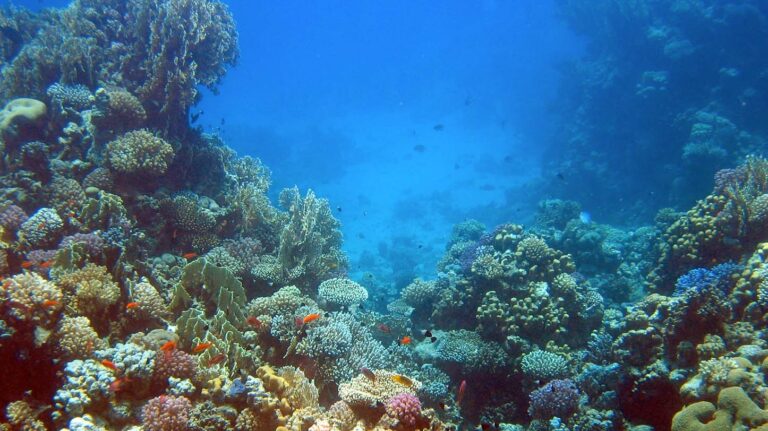Government department DEFRA is funding a project to build a shared understanding of the coral trade between Indonesia and the UK, and to develop a practical identification guide for regulators in both countries.
Corals are the world’s most traded marine animals on the CITES list (Convention on the International Trade in Endangered Species) due to demand from hobbyists for use in marine aquaria. A 2021 study by United Nations Food and Agriculture Organization found that, from 1990 to 2016, exporting countries reported to CITES around 1.6 million direct export transactions in marine animals (excluding mammals, birds and reptiles), 97% of which were in corals. In the UK, over 60% of direct CITES imports are in live coral.
Indonesia is the world’s largest exporter of CITES-listed coral, accounting for an estimated 90% of the market, and the country is increasingly looking to develop more sustainable alternatives to harvesting wild corals, such as creating coral farms.
However, inspectors have found it difficult to differentiate between wild collected corals and farmed corals and, with over 440 different types of coral being traded, there is a risk that desirable, high-value species which may be difficult to farm or subject to an import suspension are being mis-labelled and therefore traded illegally.
COLLABORATION
As part of the DEFRA project, stakeholders from Indonesia and the UK, including government agencies, scientific experts, regulatory bodies, regional NGOs, and industry members, took part in a series of virtual workshops to map roles and responsibilities along the supply chain from Indonesia to the UK, and enhance the collaboration between the two countries.
The next stage is to develop a coral trade visual guide that can be used quickly and easily to identify different types of coral during their journey to retail stores. Project partners will be working with trade inspectors and industry leaders both in the UK and Indonesia to prioritise which species the guide should focus on, and to identify key signals in mislabelling a wild collected coral for a farmed one.
Once the guide has been finalised and field-tested in the field, it will be made available to all CITES parties as an aid to ensuring the coral trade is legal, traceable, and sustainable.



